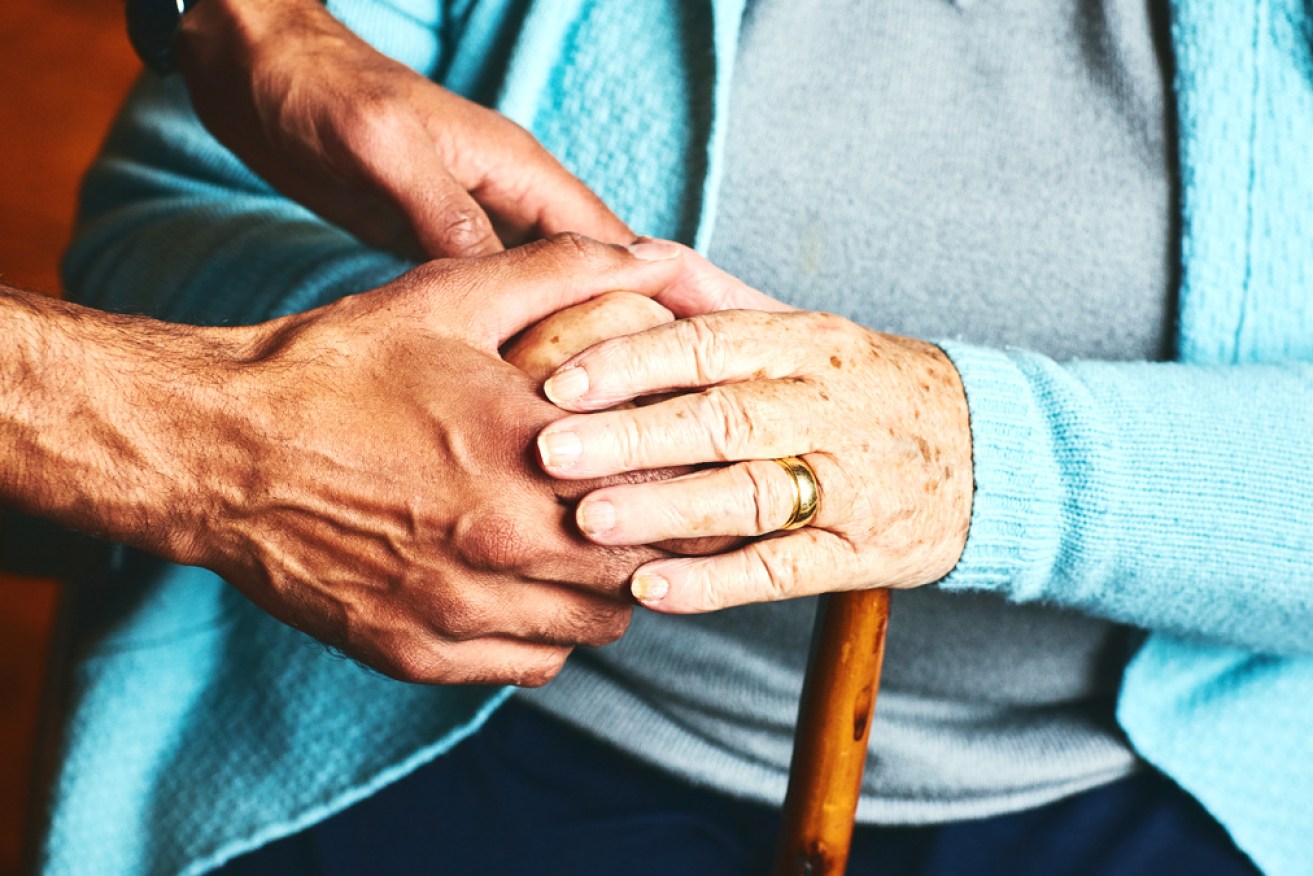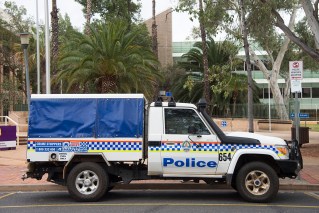Aged-care crisis to dominate debate in Parliament’s first week back


The Prime Minister is under pressure to do more for the aged-care sector. Photo: Getty
Pressure is building on the Morrison government to call in the army to address the worsening aged-care crisis ahead of what is expected to be a bruising first Parliamentary sitting week of 2022.
New figures have shown the aged-care sector – already dealing with a structural shortfall in workers caused by rising demand, immigration changes and low wages – is now grappling with deepening acute staff shortages.
A total of more than 6500 aged-care workers had an active case of COVID-19 as of Friday, according to the latest figures from the health department.
The virus is present in more than 1170 homes across the country but particularly concentrated in the eastern states.
Reports suggest up to 20 per cent of shifts across the sector on a given day are going unfilled, prompting providers to call for help.
Large providers and the Opposition are both backing a plan to deploy defence personnel into aged-care homes.
But Home Affairs Minister Karen Andrews said on Sunday that she did not foresee an immediate role for troops.
“We know that there are serious concerns about workforce availability in the aged-care sector,” the minister said.
“There have been discussions in relation to the defence forces.
“They stand ready to assist, but at this point in time we do have the surge workforce that is going into aged-care facilities and they are supporting staff.”
‘Issue of the week’
Ms Andrews declined to rule out the government shutting down some homes but said 78,000 shifts had been covered by workers drawn from the private health sector.
A government source told TND they were bracing for a week in which the state of residential care homes continued to dominate debate but also that the government was being unfairly blamed for planning failures.
“We’re really p-ssed,” the source said.
“This is going to be the big issue of the week and perceptions are being driven by the states.”
A total of 15 residents have died from the virus at one facility south of Brisbane, Jeta Gardens.
The Aged Care Quality and Safety Commission has classed the nursing home as being at “severe risk” to residents’ health.
The watchdog is also warning it to fund training on infection control and appoint a staff member responsible for ensuring it complied with federal legislation on operating standards.
Ms Andrews said she found the reports “appalling” but declined to guarantee that the government would ensure that it and other homes would remain open.

Ms Andrews refused to commit to keeping all aged-care homes open during the crisis. Photo: AAP
Providers say army could help
Natasha Chadwick, the chief executive officer of NewDirection Care Bellmere, said although their aged-care community had not been hit by the pandemic like others, she supported the option of an emergency workforce drawn from the defence forces as a backup.
“I would hope that if we did get to the point that our staff were not available we would have the ability to call on assistance so that residents’ basic care and support could continue,” she said.
“I would support ADF personnel in providing basic support, things like cleaning, laundry, cooking and following some on-the-job training supporting residents to eat a meal or be involved in engagement activities such as small group or [one-to-one] wellbeing support […] as well as general administrative functions.”
The chief executive officer of HammondCare, former NSW Liberal premier Mike Baird, said the sector was in serious need of assistance.
“With about half of all aged-care residential services experiencing outbreaks due to the Omicron variant, the sector is facing unprecedented challenges as frontline staff are furloughed and those at work take on extra shifts and experience fatigue,” Mr Baird said in a statement.
“Defence personnel could provide support in kitchens, laundries, and cleaning duties in aged-care homes to enable the maximum number of front-facing care staff who know residents to provide care.
“Nurses employed by the ADF would be valuable at the frontline.”
Defence Minister Peter Dutton said on Friday that the government would definitely consider sending troops into aged-care homes in need.
But Prime Minister Scott Morrison, while noting that a significant number of the army reserves were helping assist the health sector, did not back those plans.
“The defence forces are not a shadow workforce for the aged-care sector,” he said.
Mr Morrison instead said that he had instructed the government’s defence and aged care ministers to work together on identifying areas for possible collaboration.








